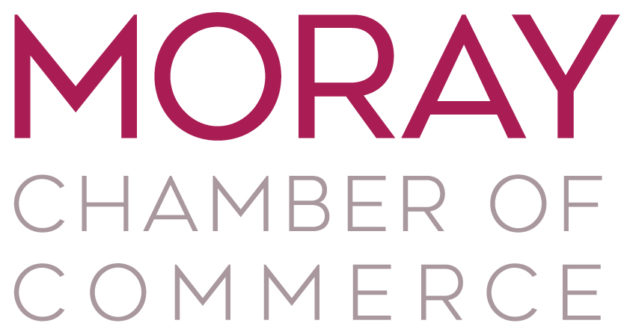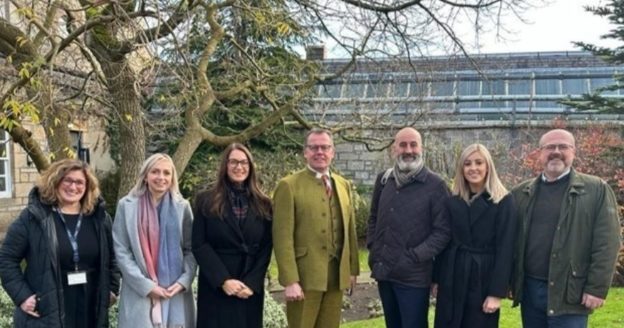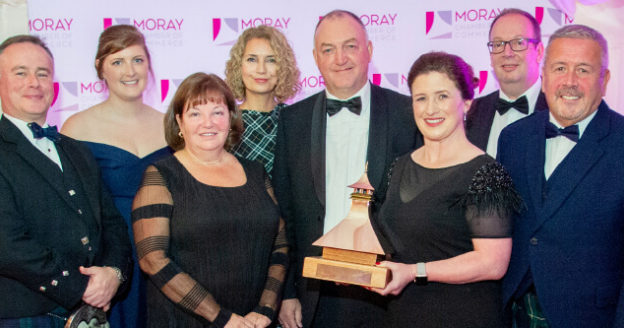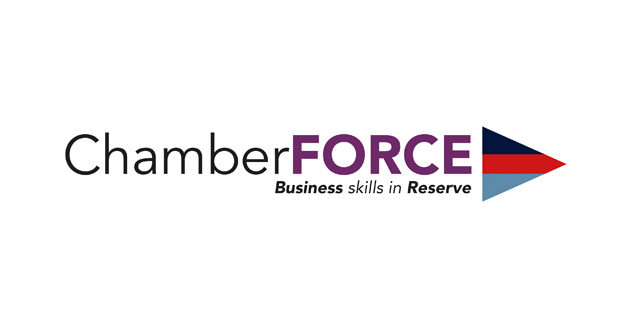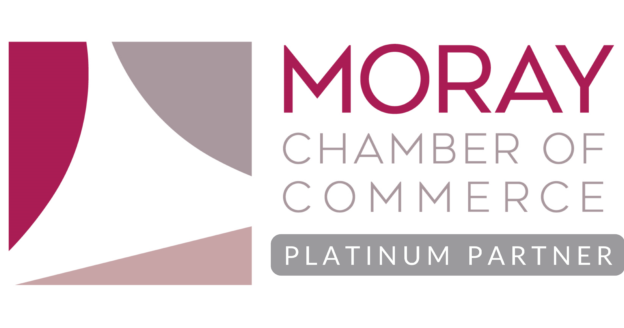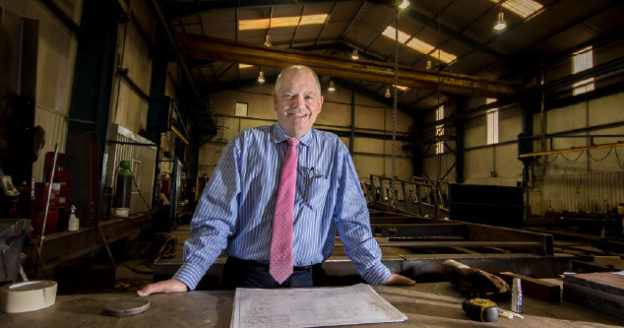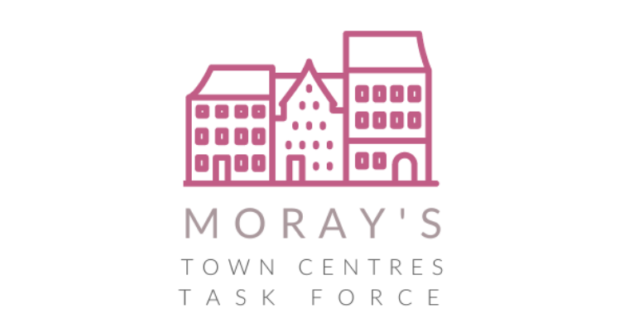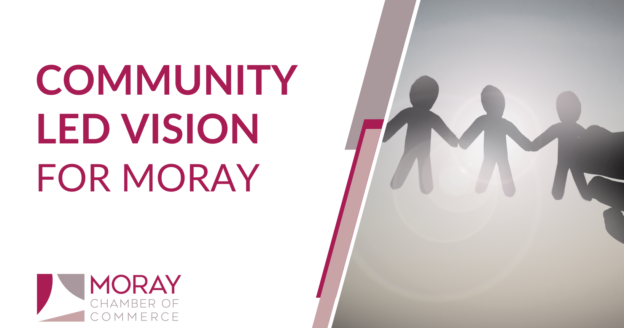Chamber News
Win for business community as NICs increase is reversed
23 September 2022 • Sarah Medcraf
Responding to the Chancellor’s announcement that the 1.25% increase in National Insurance Contributions (NICs) will be reversed from November, Liz Cameron CBE, Chief Executive of the Scottish Chambers of Commerce (SCC), said:
“It is very welcome that the UK Government have acted on the calls of the SCC Network and the Scottish business community for the increase to NICs to be reversed. This has been long-awaited and will help firms struggling to recruit.
“There is undoubtedly more to be done, with friday’s fiscal statement from the Chancellor being the perfect opportunity for the UK Government to put forward a clear-long term plan to support businesses through the cost emergency and beyond. The Chancellor must look at all options and back businesses to drive forward a path to strong growth and investment.”
Many people will keep more of their pay when a tax increase is scrapped, in November.
A 1.25% rise in National Insurance will be reversed from 6 November and the government will axe a planned levy to fund health and social care. The rise was introduced in April under ex-Chancellor Rishi Sunak, but during the Tory leadership race Liz Truss pledged to change it .The funding for health and social care will now come from general taxation. Chancellor Kwasi Kwarteng made the announcement ahead of a "mini-budget" today (Friday).
The Treasury said the change would save nearly 28 million people an average of £330 per year. Most employees will get the tax cut in their November pay packets, with some getting it in December or January "depending on the complexity of their employer's payroll software", the Treasury said.
About 920,000 firms will get a tax reduction of nearly £10,000, it added.
Will the National Insurance cut save me money?
The 1.25p in the pound increase will be reversed from 6 November.
For employees under pension age who earn less than £12,570 a year, the move will make no difference - because they don't pay NI. Above that income level, the amount saved increases as earnings do. So higher earners stand to benefit more than people on lower incomes.
Prime Minister Liz Truss said: "The people at the top of the income distribution pay more tax, so inevitably when you cut taxes you tend to benefit people who are more likely to pay tax."
This would help boost the the economy and "growing the economy benefits everybody".
How has National Insurance changed?
Since 6 April, workers and employers have been paying an extra 1.25p in the pound. The increase was part of the government's plan to fund the NHS and social care. It took the rate of NI to 13.25%. That meant the government went back on its 2019 election manifesto promise not to raise the tax. The NI increase was due to be replaced by a new Health and Social Care Levy - at a rate of 1.25% - in April 2023. But the government has now scrapped these plans, while reducing the NI rate back to 12%
From BBC





